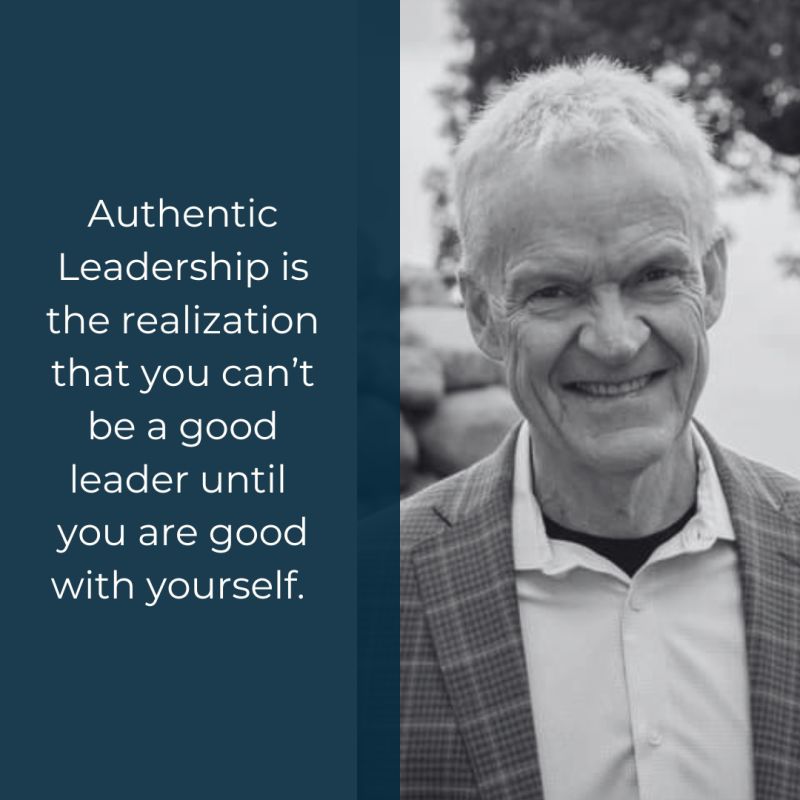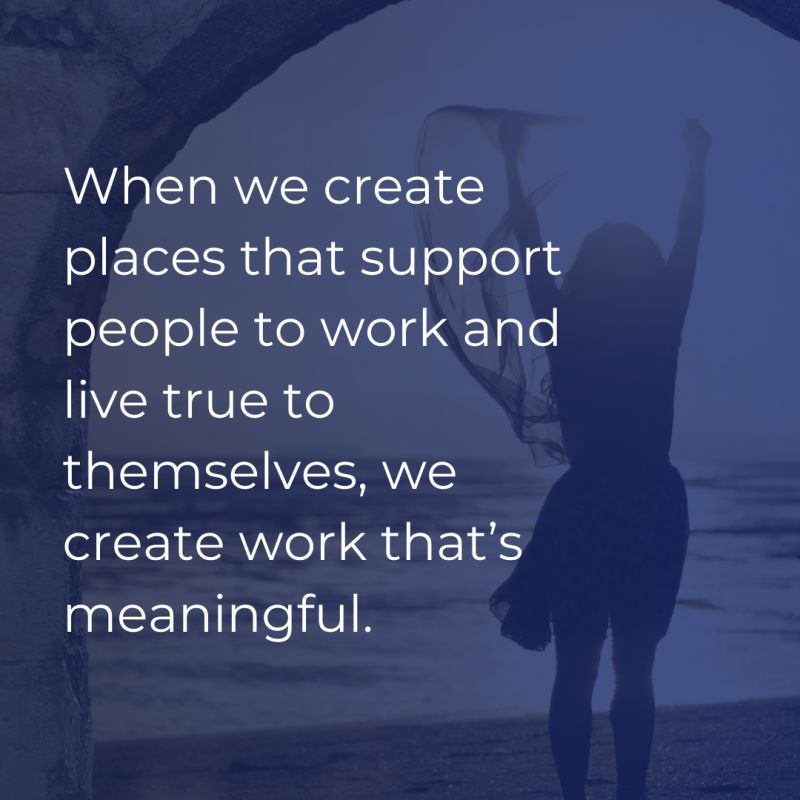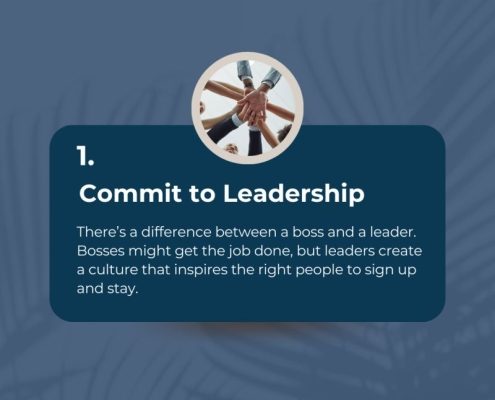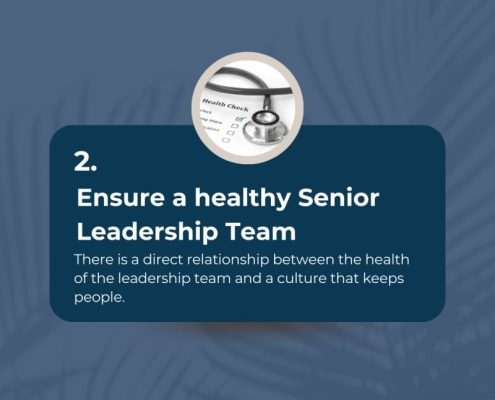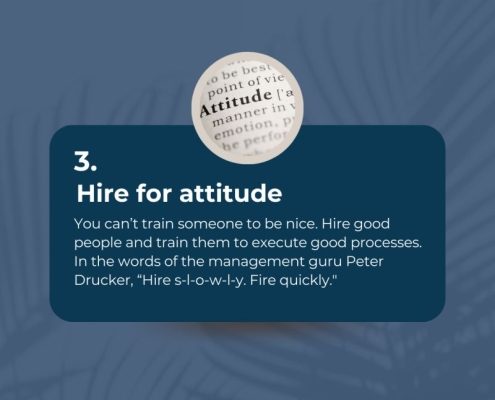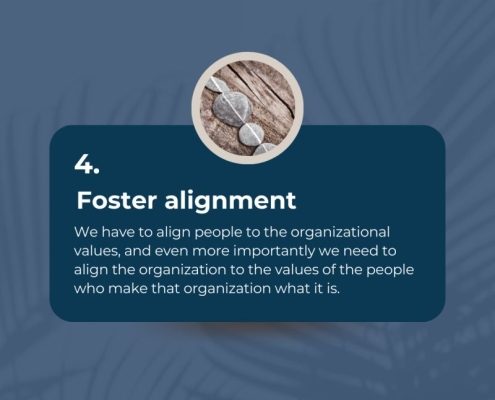What does “good with yourself” look and feel like?
First, it means having the courage to be open to an awareness of yourself, and how your life impacts those around you. It’s about knowing what drives you and what blocks you while understanding and appreciating your blind spots. It’s about facing the darker sides of your nature, to acknowledge the traumas, inadequacies, self-doubts, insecurities, and fears, and having the willingness to work with and heal these aspects of yourself.
Second, being “good with yourself” means having a degree of self-acceptance. Rather than judging, acceptance means realizing that all behavior stems from positive intent, and healing begins with learning to be friendly with all parts of yourself. It means appreciating that each aspect of yourself can be both a blessing and a potential curse, a strength, and a weakness. Acceptance means finding empathy for others by being gentle with yourself.
Third, being “good with yourself” means taking action, having an orientation toward results. Action means a life-long commitment to continually change, to learn, to grow, to evolve. Growth is a combination of self-awareness and risk-taking. Action means not trying to do everything that everyone expects of you in the way they expect it but to feel comfortable enough with yourself to take the necessary risks that move you out of your comfort zones. You no longer have to create an illusion that you are further along that you are.
Being “good with yourself” means being comfortable enough to be who you are and keep growing. Being “good with yourself” means remembering what enough actually feels like.

